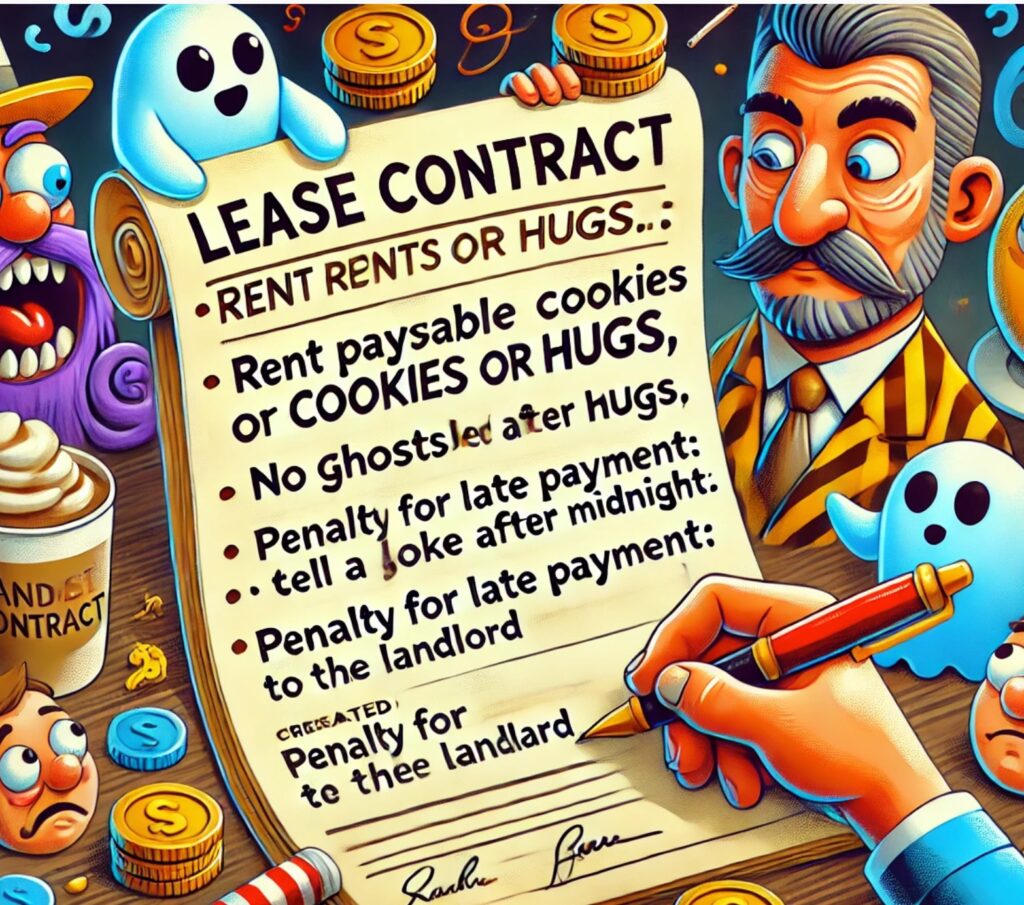As early as last year, there has been widespread discussion on the internet about artificial intelligence potentially replacing lawyers and even judges. Honestly, I’m no longer surprised. Many jobs are already being taken over by robots, and it’s only a matter of time before this becomes reality. In light of this, I’ve decided to shift careers by enrolling in a bachelor’s degree in computer science and sharing all my “lawyering” secrets.
Kidding aside, even without artificial intelligence, the internet has, in many ways, been replacing lawyers. Instead of visiting a lawyer’s office for advice, many people simply turn to a Google search. Technology is truly transforming numerous industries and professions.
One of the most common legal topics people search for online is legal forms. Documents like contracts, affidavits, and other legal forms can now be easily downloaded from the internet. So, is that it? Just download a lease contract online, and you’re done?
Kidding again! The serious question remains: If lease contracts can be easily downloaded, what’s the point of dedicating an article to creating one? The answer lies in the need to truly understand the components of a lease contract and the relevant legal provisions to avoid potential complications in the future.
Let’s begin by discussing the parts of a lease contract. I’ll skip the obvious and focus on the critical elements.
Key Parts of a Lease Contract
1.)Parties to the Contract
Ensure that the details of the parties (civil status, citizenship, address) are clearly stated. The term “of legal age” is crucial because minors cannot enter into valid contracts.
2.)Property Description
Below the “WITNESSETH” section, the leased property must be properly described. Ideally, this includes a technical description, tax declaration number, or Transfer Certificate of Title to avoid miscommunication or disputes about what is included in the lease. For example, issues often arise with properties that have not been fully subdivided or settled.
3.)Terms and Conditions
This section is the heart of the lease contract, where the specifics of the lease are defined. Be sure to include the following:
- Purpose
Specify if the property is exclusively for residential use or if other uses (e.g., commercial) are permitted. Disputes often arise when the intended use isn’t clearly defined. - Term
Clearly state the duration of the lease, including terms for renewal. Note that the Civil Code limits lease agreements to a maximum of 99 years (Art. 1643). - Rental Rate
Outline the amount, payment schedule, and where payments should be made. Include clauses for deposits and advance payments if applicable. - Default Payment
Specify consequences if the lessee fails to pay rent on time. - Subleasing
If the contract is silent on subleasing, the lessee may sublease the property, but the lessor cannot prohibit it. Sublessees are subsidiarily liable to the lessor, but only up to the amount of rent owed. (Art. 1652) - Public Utilities
Clarify who is responsible for utility payments, as disputes often arise in this area. - Exit Provisions
Include terms for early termination due to force majeure (e.g., fire, flood) or other conditions. Specify what happens at the end of the lease, including property turnover and damage assessments. - Repairs and Maintenance
Define which repairs are the lessor’s responsibility and which are the lessee’s. Also, include a clause on the lessor’s right of entry. - Judicial Relief
Specify the venue for resolving disputes, including exclusive jurisdiction if applicable. Include provisions for damages and attorney’s fees if legal action is required.
Final Considerations
- If leasing from a married couple, obtain spousal consent.
- If leasing from a corporation, ensure the representative has the authority to lease (e.g., via a board resolution or secretary’s certificate).
- Register the lease agreement in the Registry of Property. Without registration, the agreement is not binding on third parties. For instance, if the property is sold during the lease term, the new owner is not obligated to honor the lease (Art. 1648).
To delve deeper into the legal provisions governing lease agreements, refer to Title VIII of the Civil Code of the Philippines (Articles 1642 to 1688).
 Hi ! my name is Zigfred Diaz. Thanks for visiting my personal blog ! Never miss a post from this blog. Subscribe to my full feeds for free. Click here to subscribe to zdiaz.com by Email
Hi ! my name is Zigfred Diaz. Thanks for visiting my personal blog ! Never miss a post from this blog. Subscribe to my full feeds for free. Click here to subscribe to zdiaz.com by Email
You may also want to visit my other blogs. Click here to learn more about great travel ideas.


Leave a Reply